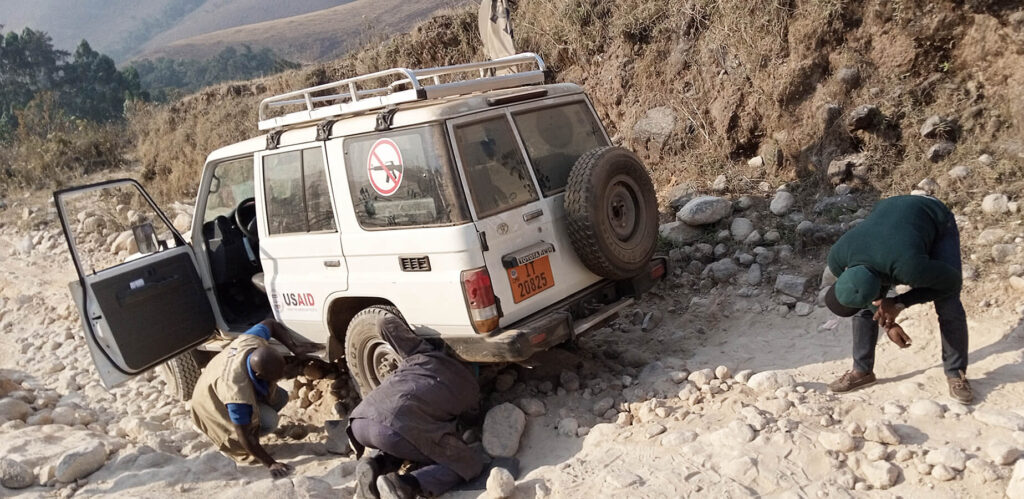Last year, International Medical Corps began operating in northwestern Cameroon, a region that has suffered from internal armed conflict since 2016. Tens of thousands of people have been displaced and have fled into the bush, where they live in crowded, unhygienic, unhealthy conditions. Elderly people, pregnant and lactating women, young girls and children under the age of five are especially vulnerable.
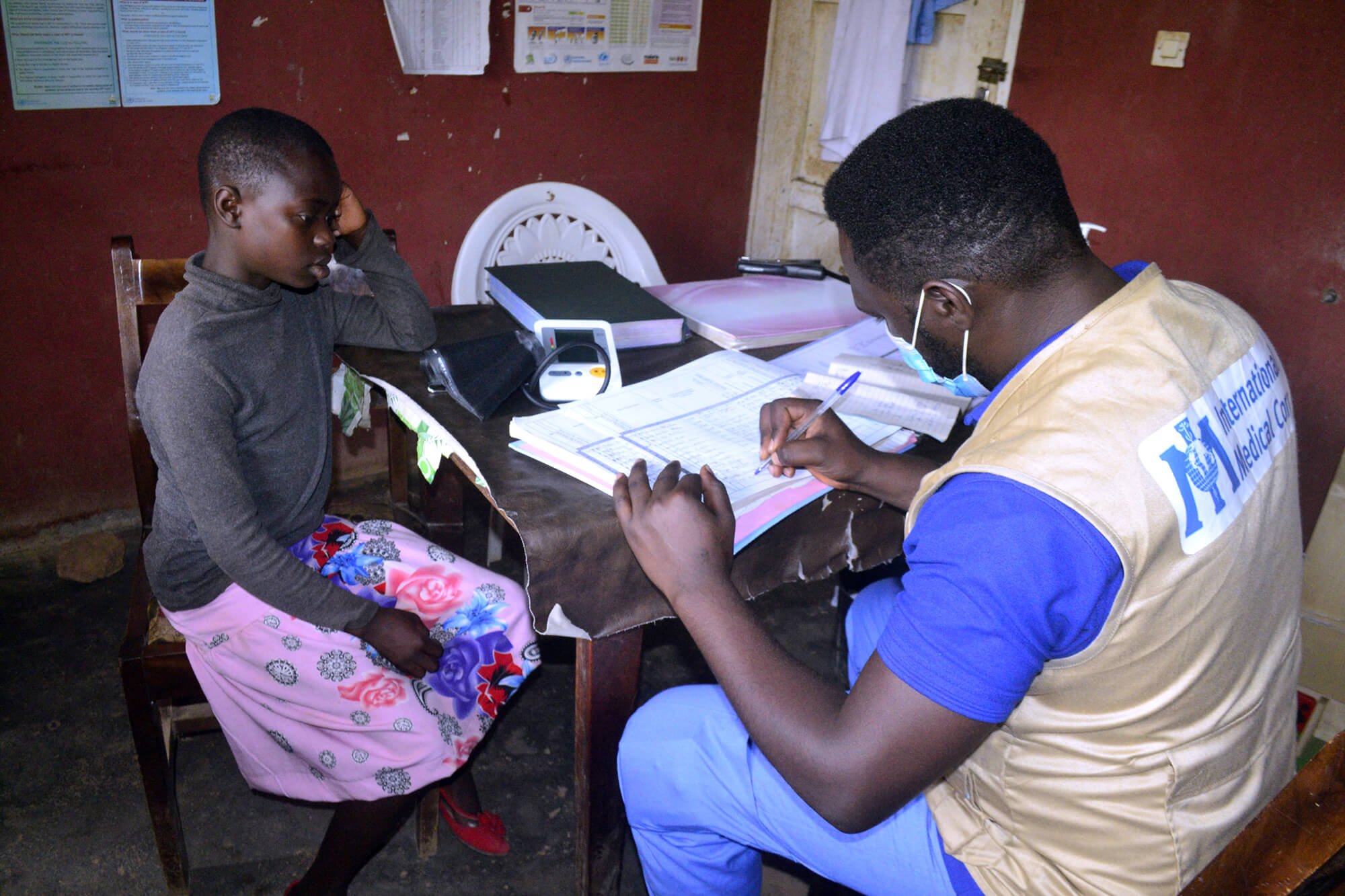
The conflict has created a healthcare crisis, as many health facilities have been forced to close due to instability. Hospitals and health centers have been attacked and set on fire, particularly in rural areas. Others have been abandoned because staff are concerned about being kidnapped or trapped in the middle of a conflict. The medical workers who remain are frequently underequipped and under pressure to treat a steady flow of sick people.
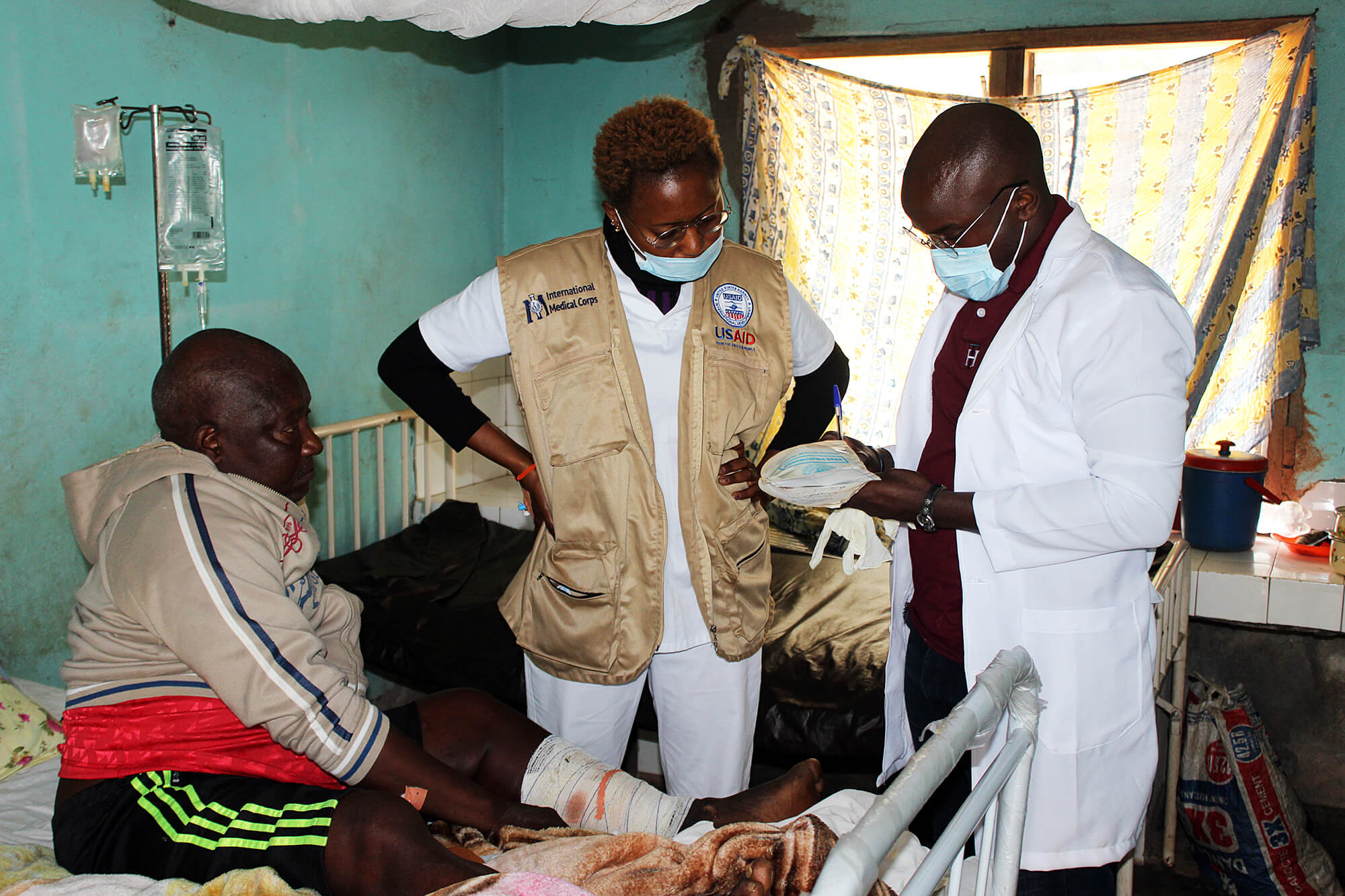
To bridge this healthcare gap, International Medical Corps deployed four medical teams into the Mbengwi and Njikwa districts of Momo division, which are hard to access due to poor road conditions, criminal activity and fighting between armed groups. These teams—which consist of nurses, midwives, social workers, nutritionists and psychologists—support health centers in four villages and provide free medical care for people who are suffering from economic hardship.
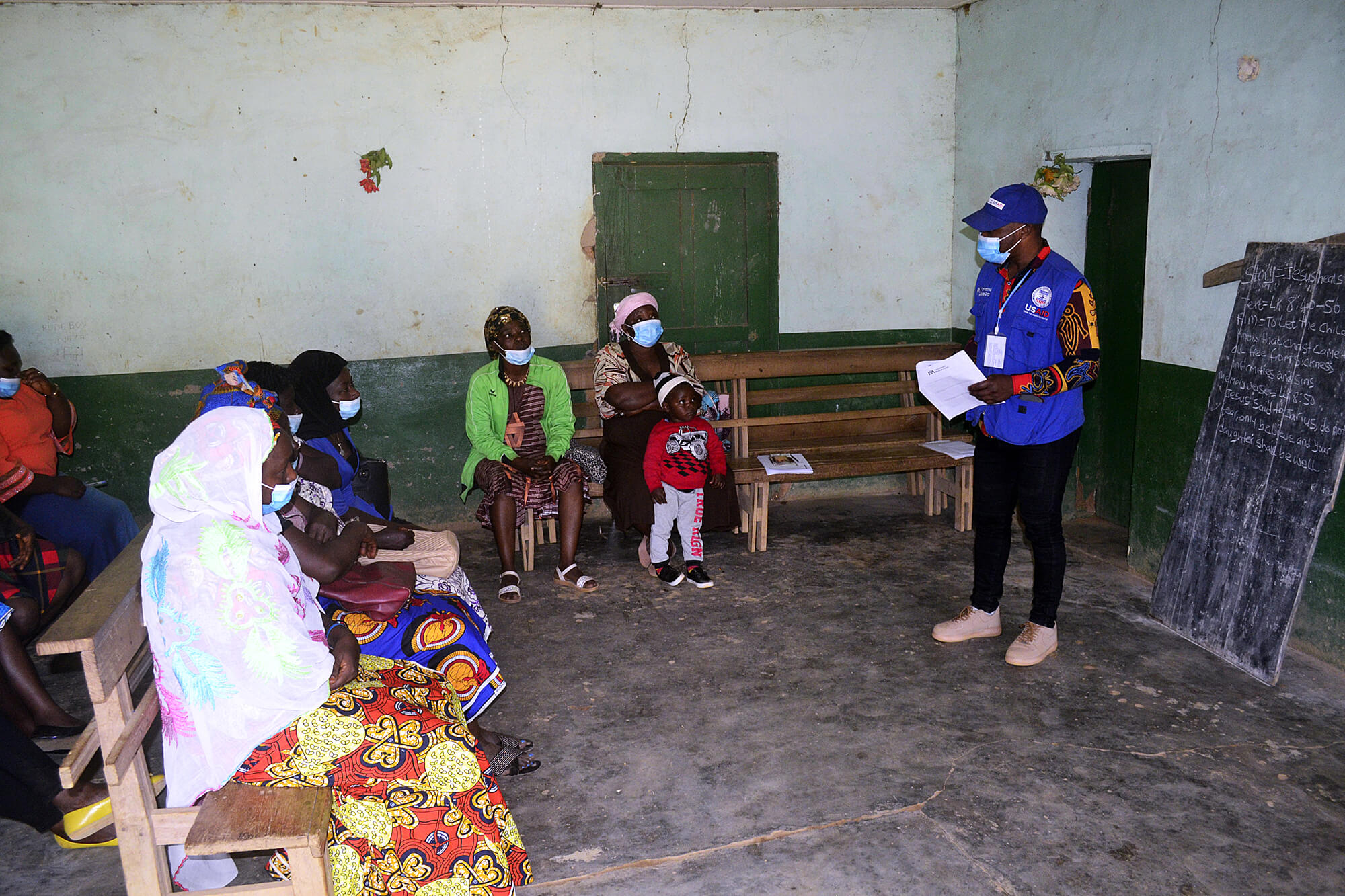
Because mobile-phone towers in the region have been attacked and burned, the teams that are operating there are largely cut off from the outside world. To help alleviate some of the isolation, the Cameroon mission sends a supervisory group into the field twice a month to provide the medical teams with technical and logistical support. These trips usually last a total of seven to 10 days, with short stays at each location.
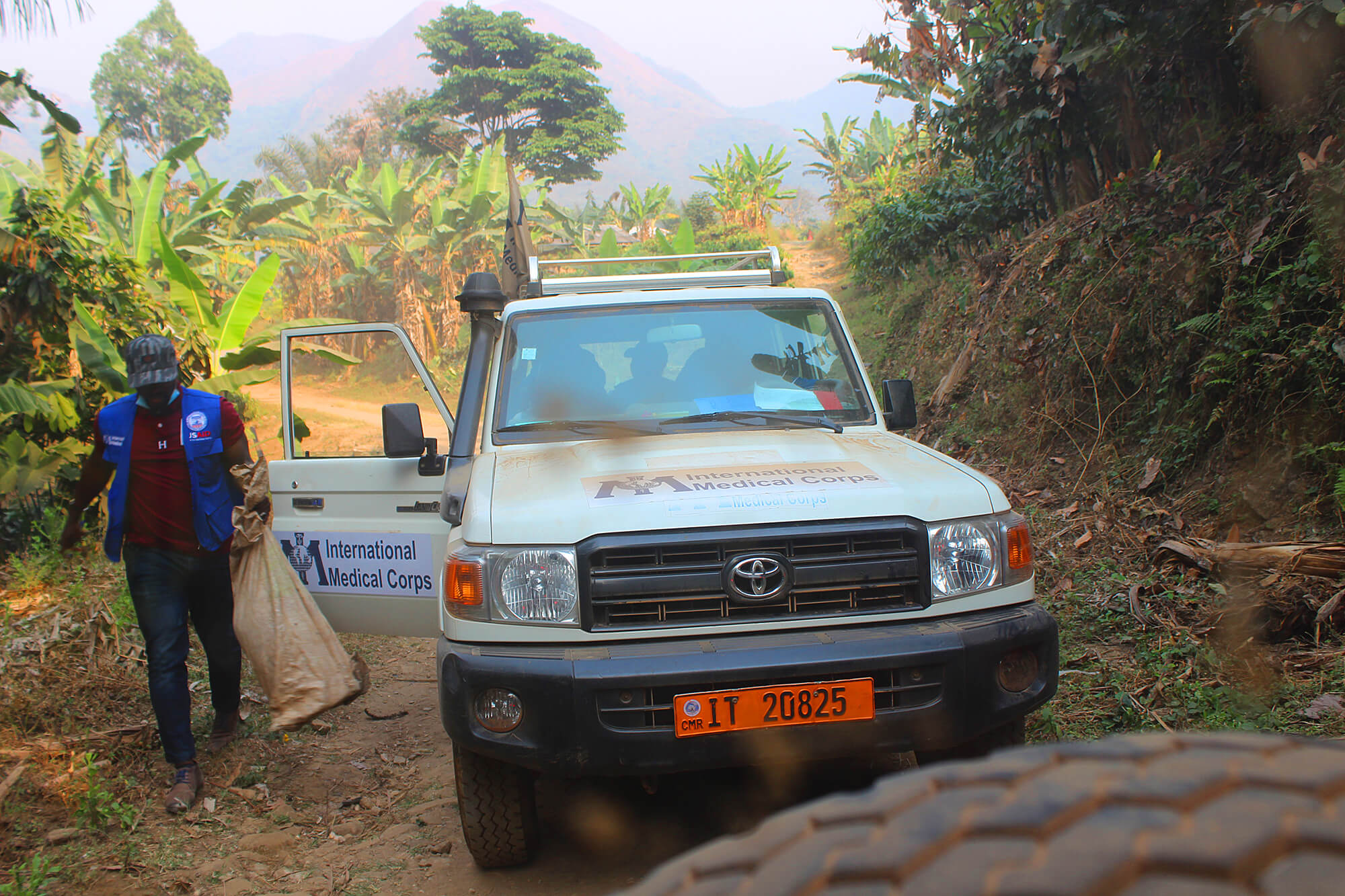
The supervisory team encounters many difficulties when they go into the field. They must overcome a lack of basic services, such as food, clean water and electricity. They bring along an access officer, Shewa Abele, who helps them find a safe place to stay and chooses the safest route through the region. Shewa obtains government approval to visit these areas and, once the team hits the road, he must negotiate with the armed non-government groups who often set up roadblocks along the way. But some contingencies can’t be planned for in advance. During the team’s most recent trip, as they drove between Mbengwi and Njikwa, one of their vehicles got stuck on the road, and drivers Vincent Ndi and Thomas Fonong had to use a jack to elevate the car and remove a large rock that was blocking their path.
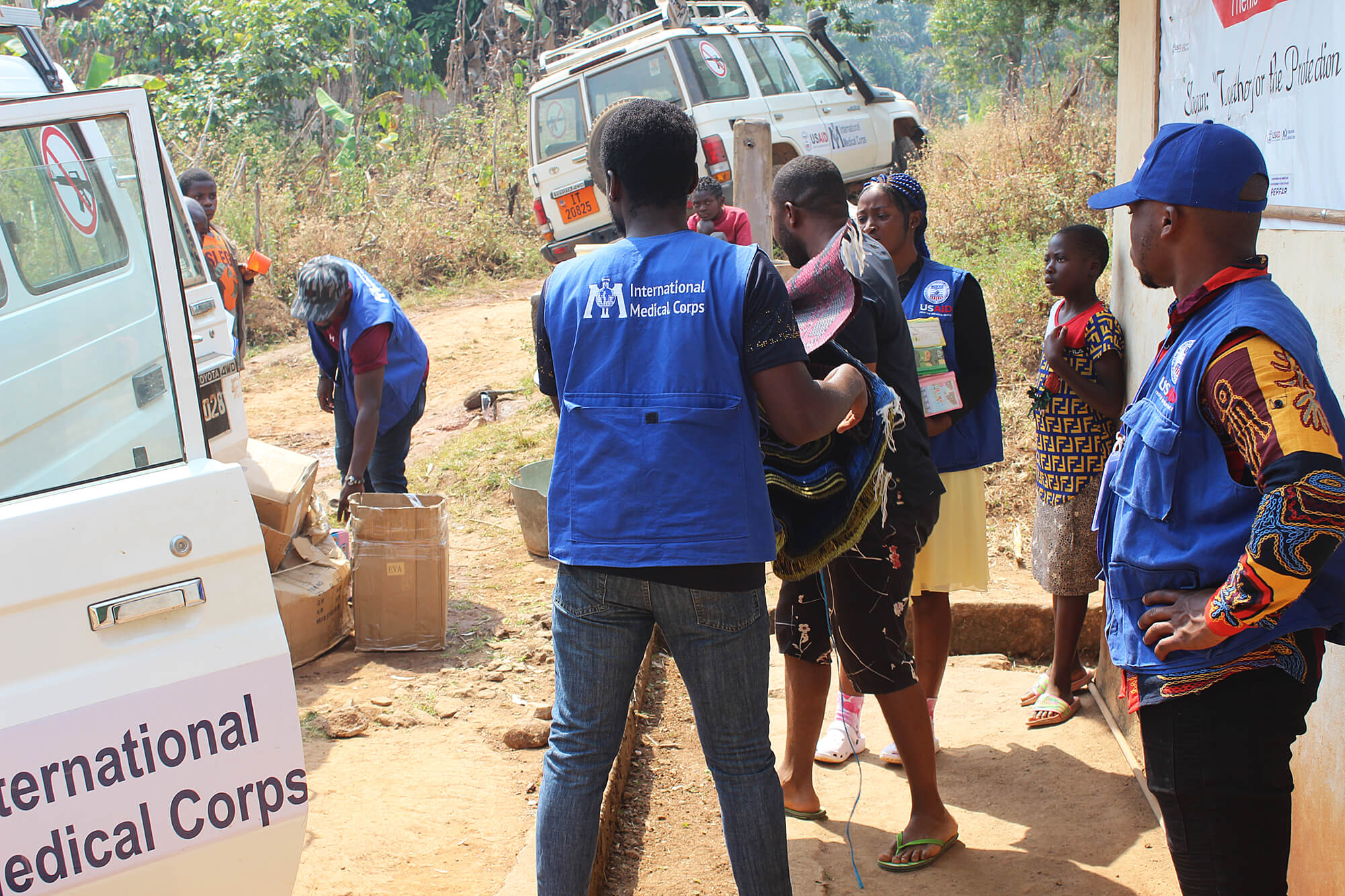
Despite these difficulties, the nine-person supervisory team has persevered. On their most recent excursion into the field, the team provided training for staff and volunteers, and supplied the facilities with medications, ready-to-use therapeutic foods, ready-to-use supplementary foods, water filters and toys for mental health activities.
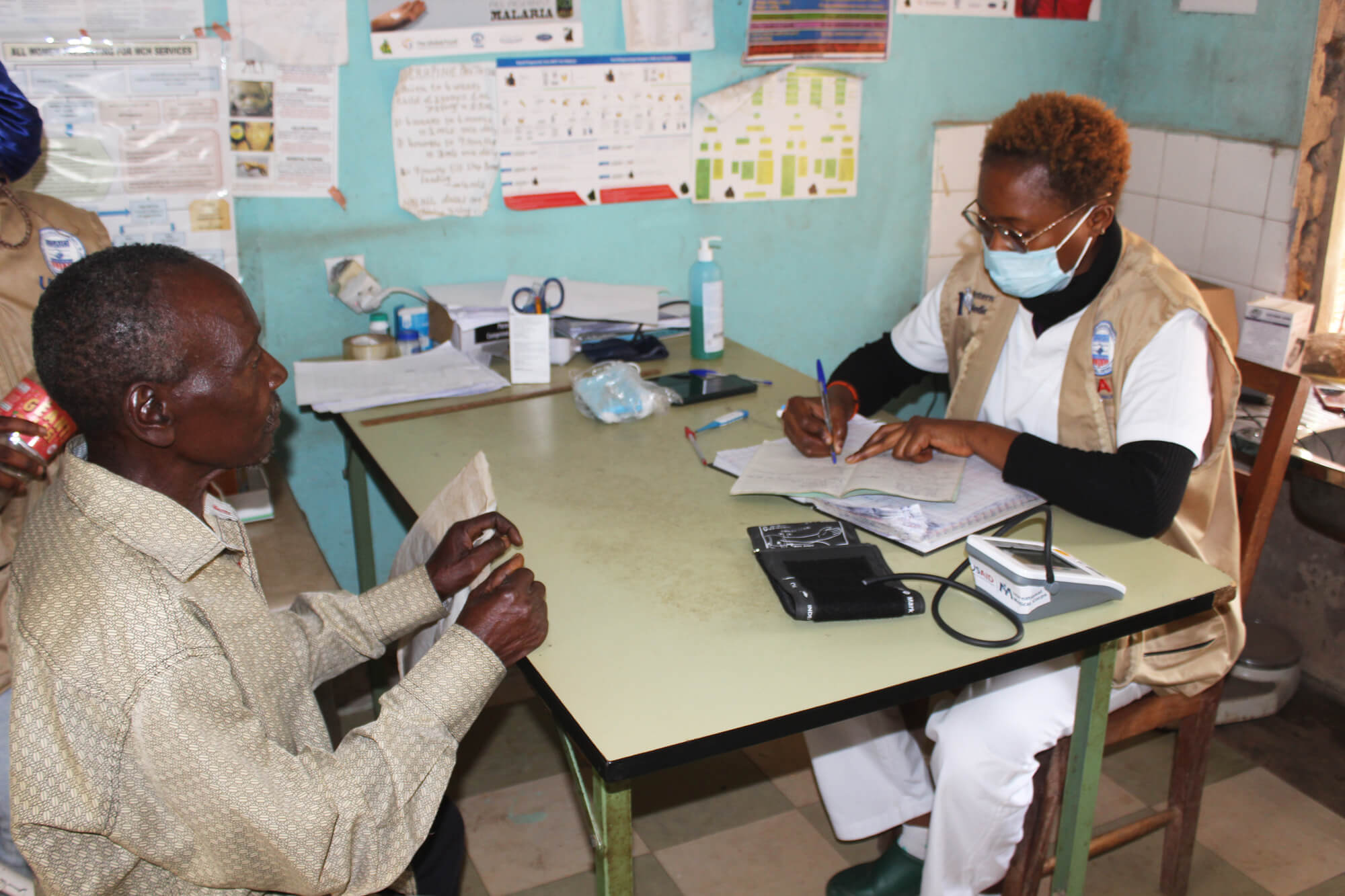
Each supervisor worked with local staff members to provide expertise, support and mentorship. Dr. Norbert Lemonge, our Health Activities Manager, consulted with patients at every site and conducted minor surgeries with the assistance of the nurses who are stationed there. Pharmacist Virginia Tamangi provided training to the field staff on using a weekly pharmaceutical reporting tool and took inventory of medicines at all locations. Mental Health and Psychosocial Support (MHPSS) Manager Mathew Banlanjo provided mental health services and psychoeducation sessions with local mental health support groups, and supervised the local MHPSS staff and their activities. Meanwhile, Nutrition Manager Mbelli Juliette mentored 12 mother support groups and made sure maternal, infant and young child nutrition (MIYCN) activities were being carried out properly. She also coordinated with the health team to ensure that community health workers were integrating MIYCN messaging into their health and hygiene promotion activities.
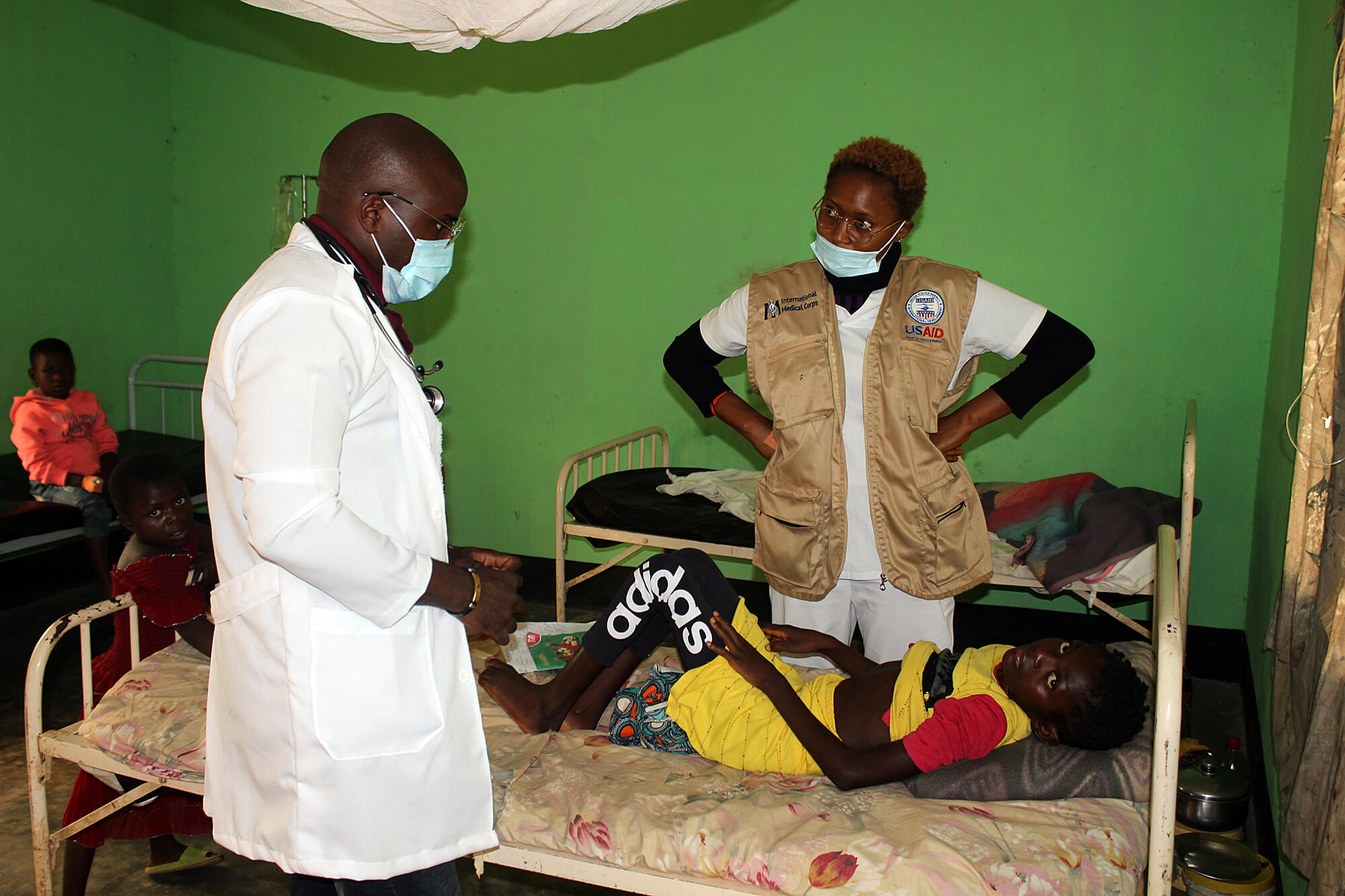
Monitoring, evaluation, accountability and learning (MEAL) officers Glenn Ngwang and Abiro Nchoungou conducted focus group discussions at each health area to assess community-based feedback and response mechanisms, which helped them determine that they needed to install suggestion boxes and phone lines at the sites for better feedback sharing. They also conducted a data audit and gave staff a refresher training on proper data collection methods to obtain quality data.
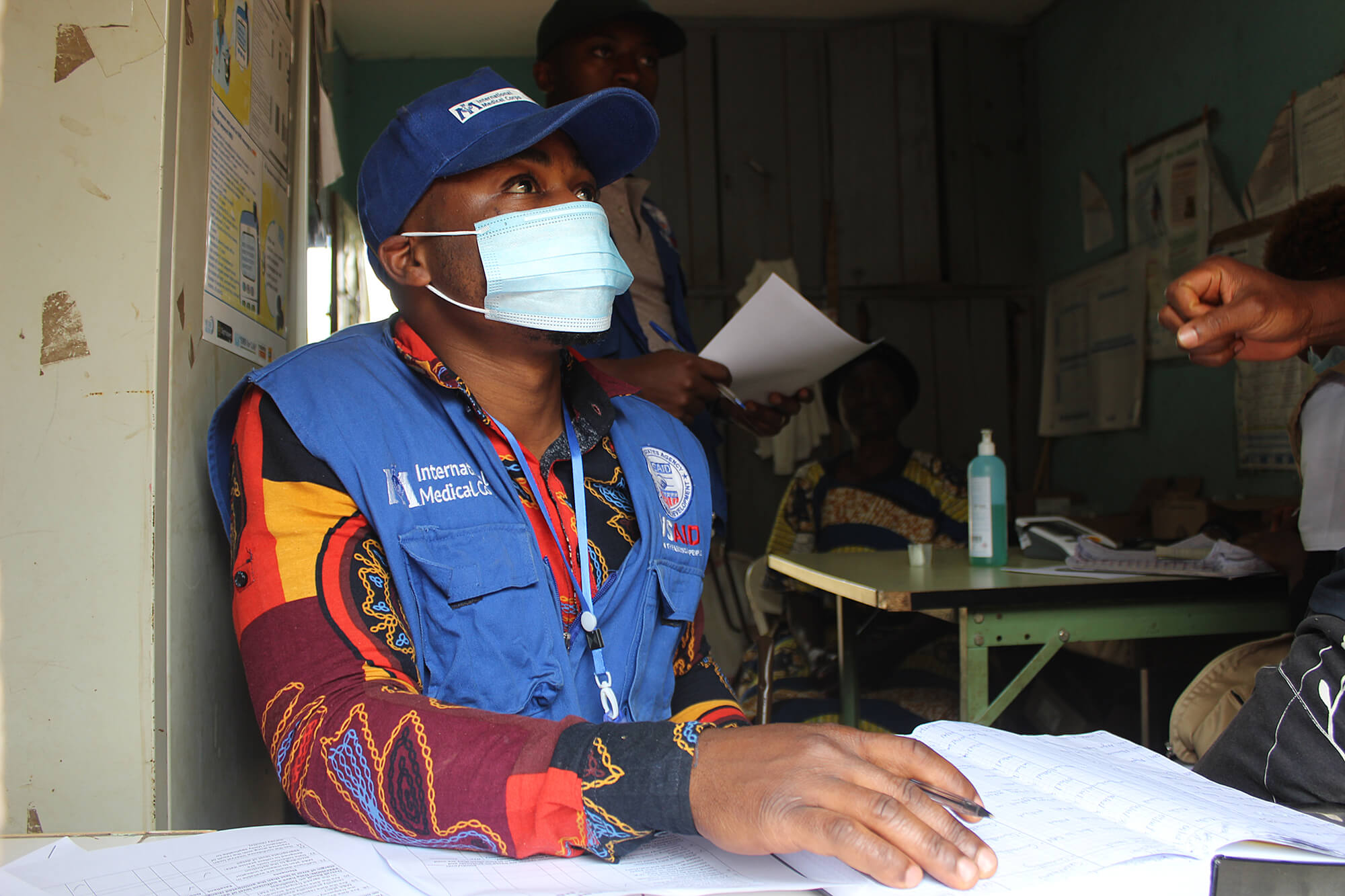
Despite the difficulty of their field visits, the supervisory team is proud of the outcome of their work. And just a few weeks later, they’ll visit the field offices again, knowing that they’ll need to face—and overcome—new challenges.
